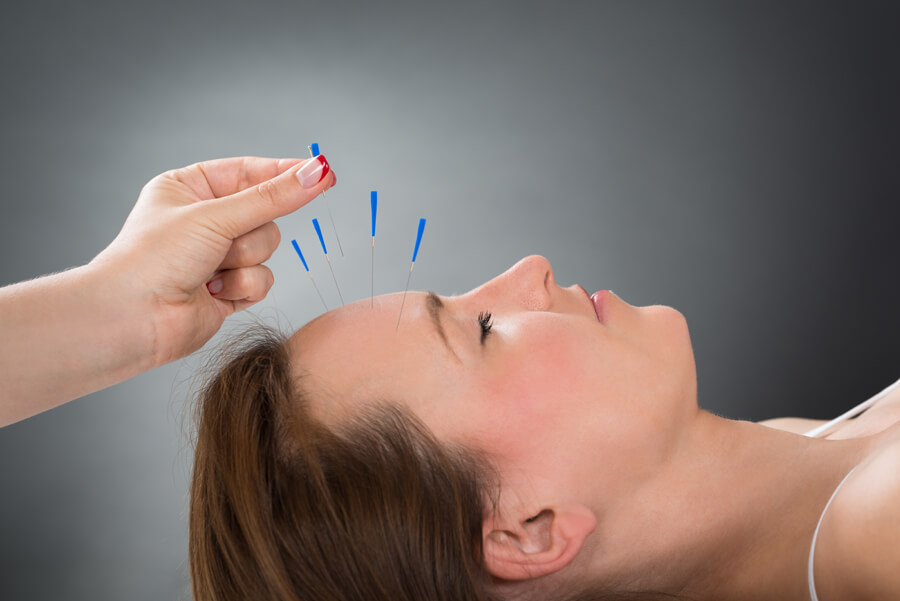Author: Sijia Zhu
What are the symptoms of Anxiety?
Anxiety has the symptoms of heart palpitation, shortness of breath, spontaneous sweating, fear, insomnia,congested sensation on the chest, clenched jaw and grinding teeth, trembling, fatigue, nightmares, frequent urination, foreign object sensation in the throat, low concentration, aches and tense muscles, loss of sexual desire and ability, tinnitus.
What causes Anxiety?
The reason for anxiety could be from high stress from working environment or family, poor lifestyle, emotional trauma, family history, imbalance of hormone especially when female in the menopausal period.
What is the complication of Anxiety?
Anxiety can cause poor digestion such as irritable bowel syndrome, increase or lose appetite, bloating, muscle tension, headache, negative thought, social phobia, depression, alcohol/drugs addiction, and suicide.
How does Chinese Medicine can help with Anxiety?
The research shows that traditional Acupuncture could increase the release of endorphins, the chemicals of our body also described as ‘feel-good’ chemicals, which plays an important role in the regulation of emotional stress responses and physical such as pain, heart rate, blood pressure, and digestive function.
When the body is under stress, an area of the brain called the hypothalamus releases neurochemicals, and research shows that acupuncture can calm this response.

What the theory about anxiety in Chinese Medicine?
In traditional Chinese Medicine theory, the channel associates with anxiety including the liver, heart, kidney, spleen, disharmony of Qi and Blood.
The practitioner will have a full health assessment and using pulse, tongue as guides during the consultation and find out the root of anxiety and which channel caused the problem and then choose the certain acupuncture points for the patient.
There are lots of Chinese herbal medicine can help with anxiety use in exactly the same way of acupuncture, to nourish, calm and move the Qi and Blood on the certain Chinese Meridians.
References:
1. Steven K.H.Aung et al.(2013) Traditional Chinese Medicine as a Basis for Treating Psychiatric Disorders: A Review of Theory with Illustrative Cases. Medical Acupuncture. 2013 Dec, 25(6) 398-406. Retrieve from https://www.ncbi.nlm.nih.gov/
2. Cathy Wong(2021) Emotions and Organs Are Connected in Traditional Chinese Medicine. Retireved from https://www.verywellmind.com/

